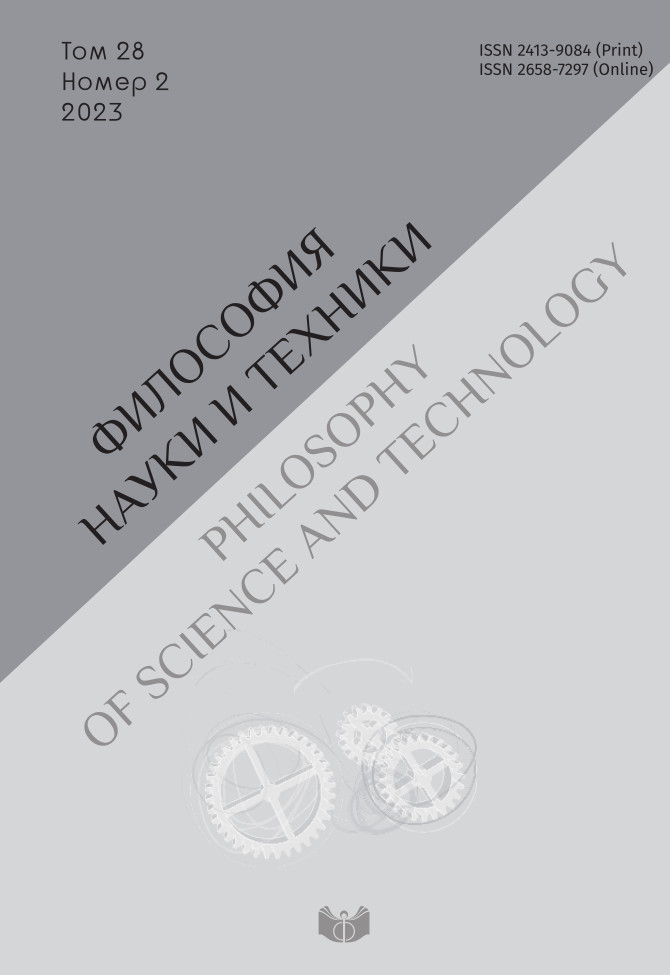Predictive processing as a theoretical complex in the cognitive sciences
DOI:
https://doi.org/10.21146/2413-9084-2023-28-2-20-36Keywords:
theoretical complexes, cognitive sciences, predictive processing, theoretical progress, virtues of a good theoryAbstract
The article continues the series of papers devoted to the conception of theoretical complexes in the cognitive sciences. The key theses of the conception of theoretical complexes are used for the assessment of theories and models of predictive processing. The author proposes considering predictive processing as a theoretical complex in the cognitive sciences. The questions about the structure and functions of the complex of predictive processing have been addressed. The author singles out the main assumptions of this complex and points out that predictive processing has a homogenous structure. It has been shown that the main assumptions of the complex promoted further proliferation of predictive theories and models of cognitive and/or mental phenomena, in full accordance with the key theses of the conception of theoretical complexes. At the same time the author concludes that no significant theoretical progress has been made within the complex of predictive processing. It has also been shown that theoretical progress in the cognitive sciences should not be primarily related to the value of unification and that only future empirical studies can show which explanatory strategy (monistic or pluralistic) will turn out to be preferable for the cognitive sciences.











